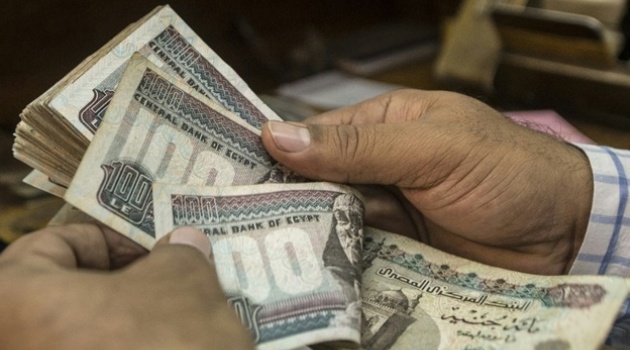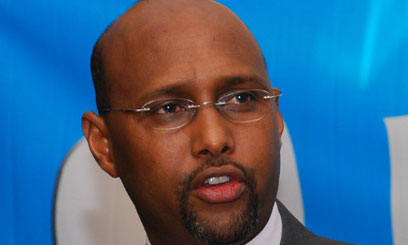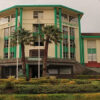The bank’s gross profit however declined by 11.36 percent to Sh12 billion as did profit after tax which dipped from Sh10.5 billion in the corresponding period in 2010 to Sh8.07 billion.
“The income number has grown by just over one percent (Sh26.3 billion), this is despite our balance sheet growth (loans and advances) from Sh87 billion to Sh99 billion which happened in the second half of the year and the benefit of that revenue growth is likely to come in 2012,” explained Managing Director Adan Mohammed.
{filelink=277}
According to investopedia.com, although the underlying profit is not the required accounting profit that is recorded on financial statements, it is used by a company to show what they believe to be an accurate reading of the company’s profit position and may exclude one time charges or infrequent events.
The bank has recommended a dividend payout of Sh1.50 per share which is inclusive of 20 cents in interim dividend; a special dividend of 60 cents and a final payout of 70 cents.
The performance was posted on the back of a tough operating environment particularly in the fourth quarter of the year that was characterised by rising interest rates and high inflationary pressures which surged by nearly 300 percent between January and December 2011.
The indicative base rate is currently at 18 percent and has been the benchmark that the industry has used to increase their lending rates to an average of 26 percent.
The effect was that the government had to increase the amount of rates that it had to pay for its securities which consequently prompted the overnight rates to also rise.
Besides having the net impact of tightening liquidity, this action also led to an increase in the rates paid on deposits with some particularly on wholesale (deposits) climbing to between 28 and 30 percent.
To avoid paying such rates, Barclays opted to do away with the expensive wholesale deposits and instead relied upon its 120 branch network to attract low rate current account deposits.
“When you have a portfolio of T- Bills and T-bonds especially those with long maturity and interest rates generally go up, then you would have to revalue those bonds. It means that there will be a revaluation loss which is what we have experienced in the industry,” he emphasised adding that this was also reflected in their Profit and Loss statement.
Despite these challenges however, Mohammed hailed their prudent cost management strategy which enabled them to make a three percent reduction in expenses during the period under review.
Between 2008 and 2011, the bank’s cost to income ratio has come down from 61percent to 52 percent thanks largely to automation and enhanced productivity.
Further efficiency gains are expected to be made through the shared services with the other 12 Barclays Bank Group operations across the African continent.
Going forward, the bank remains cautiously optimistic about its outlook in 2012 which is likely to be an election year while the macroeconomic indicators continue to be volatile.
“We have got to continue with our agenda of controlled growth. The priority for us is to continue to build on our customer assets and it’s got to be done by balancing risk and reward to make sure that we do not land ourselves in trouble,” he acknowledged.
With such kind of an uncertain future, Mohammed added his voice to those opposing the control of interest rates saying this would result in reduced lending in the overall economy.
He emphasised that the current high interest rates are just the reflection of the use of the Central Bank Rate as a tool for containing inflation but once this was stemmed, the lending rates would begin to come down to levels that have been witnessed in the last five years.
For this reason, the implementation of the proposal by Members of Parliament he cautioned, would ration credit and have a negative implication on the economy.





















